Deck & Commander Strategies

Felothar, Dawn of the Abzan
Focuses on assembling a board state with a deterministic combo or win condition, relying on a critical set of cards to secure victory. It plays a slower, controlling game to protect the win with limited interaction.
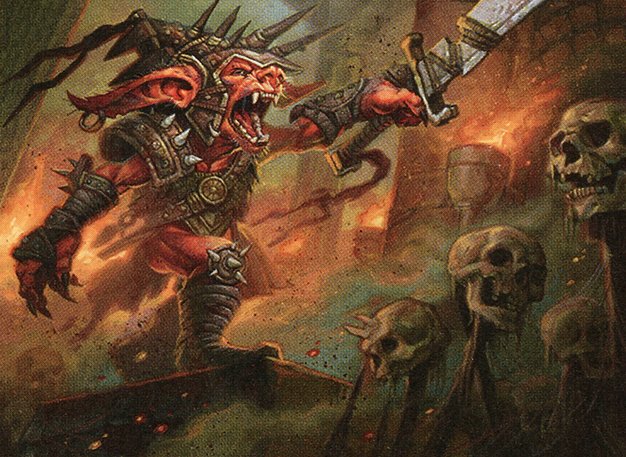
Rograkh, Son of Rohgahh
Built around storm and graveyard interactions, aiming to storm off with spells like Brain Freeze to disrupt opponents' combos by milling key pieces and leveraging mana acceleration and ritual effects.
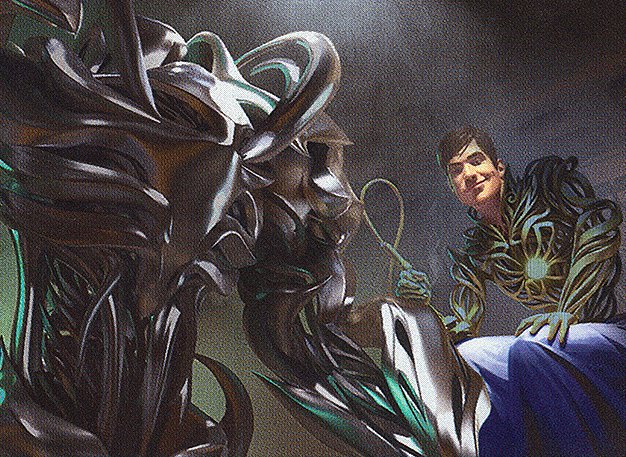
Silas Renn, Seeker Adept
Utilizes artifact synergy and recursion, focusing on managing board presence and incremental advantage through artifact interactions and selective disruption.
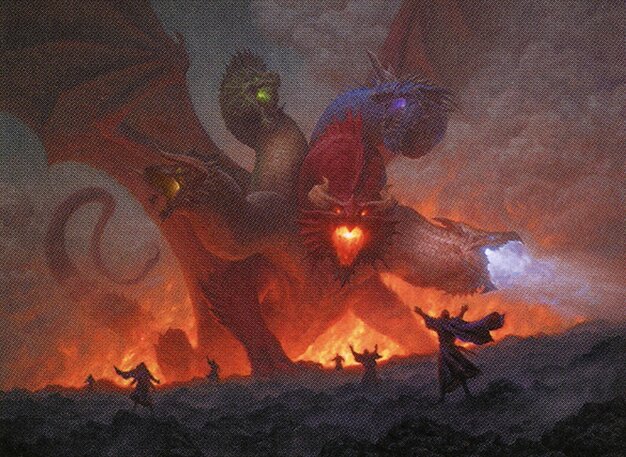
Tiamat
A five-color dragon tribal deck that ramps aggressively to cast large dragons, controlling the board while aiming to overpower opponents with high-impact creatures.
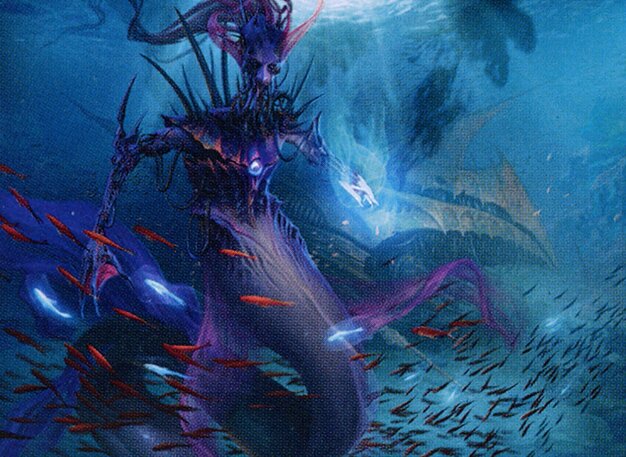
Vohar, Vodalian Desecrator
Leverages blue-based tempo and control elements, using creature and spell synergies to disrupt opponents and maintain board presence while setting up for a mid- to late-game win.
Gameplay Insights
- 1
Players prioritized political negotiation to control spell sequencing and mana usage, aiming to prevent the Felothar player from securing an uncontested win.
- 2
There was a focus on milling critical combo pieces rather than direct removal, highlighting the effectiveness of graveyard disruption in this meta.
- 3
The decision not to crack the Chromatic Lantern artifact immediately was to avoid enabling the Felothar player to draw into protective counterspells or accelerate their combo.
- 4
Players acknowledged the risk of allowing a Wheel of Fortune effect due to the potential for drawing into game-winning interaction, demonstrating risk management in multiplayer dynamics.
- 5
The table agreed on directing storm triggers to a specific player to minimize the chance of an unexpected win by other storm-based decks, showing high-level political coordination.
- 6
The Felothar player’s minimal cards in hand reduced their ability to protect against interaction, making them vulnerable to coordinated disruption despite the strong board presence.
Notable Cards
-
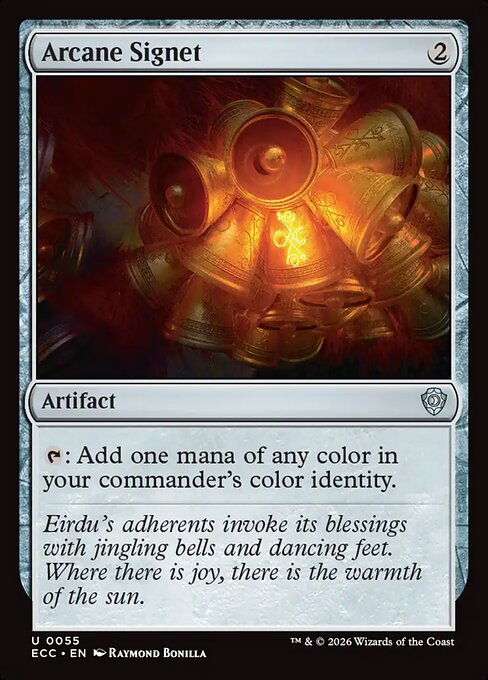
Arcane Signet
-
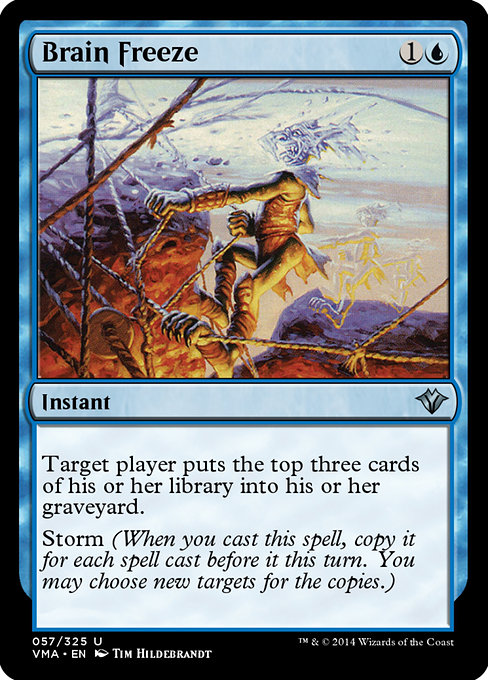
Brain Freeze
-
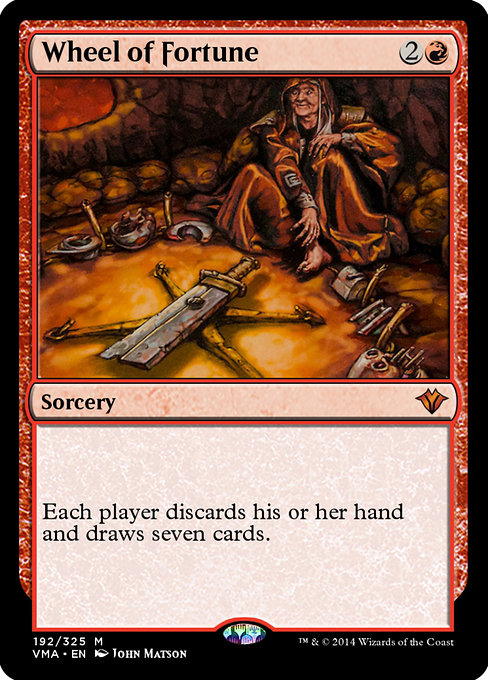
Wheel of Fortune
-
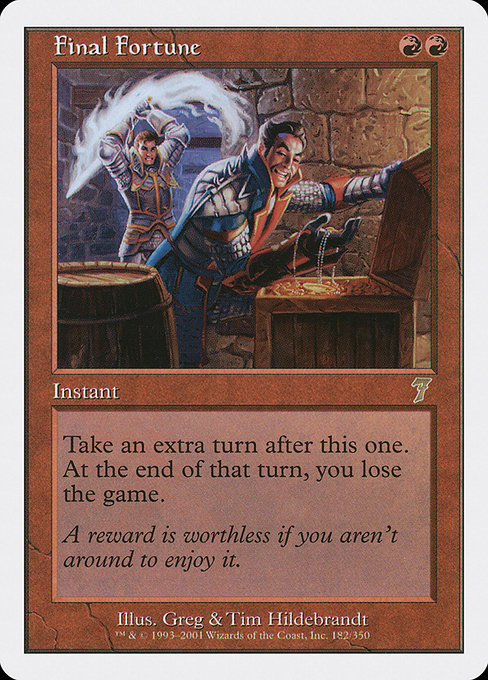
Final Fortune
-

Force of Will
-
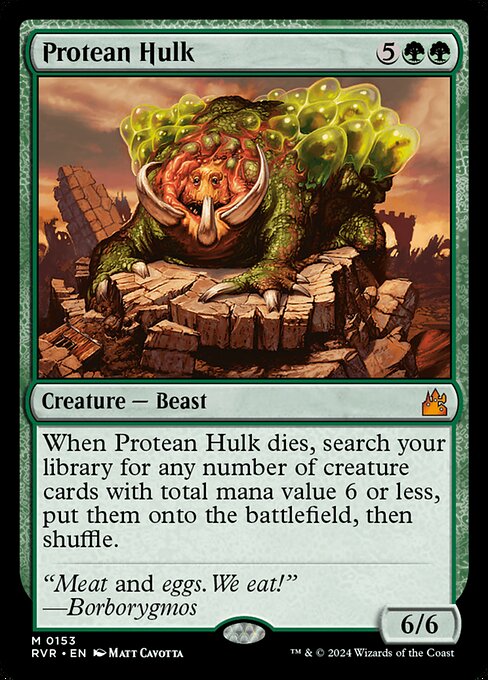
Protean Hulk
Gameplay Summary
The game unfolded with a tense political standoff centered around a known imminent win condition on the board, primarily threatened by the Felothar, Dawn of the Abzan player.
The table engaged in a detailed discussion on how to best handle the situation, balancing the risk of allowing the win to resolve against the possibility of enabling another player to storm off and win instead.
Key turning points involved debating whether to crack a Chromatic Lantern-like artifact (bobble), how to manage mana, and who should take which actions to disrupt the potential combos.
The Rograkh, Son of Rohgahh player planned to use a Brain Freeze effect to mill a critical combo piece from the Hulk pile, seeking to delay or stop the Felothar win.
However, there was caution about giving Felothar more resources by allowing a Wheel of Fortune effect to be cast, as it could enable drawing into protective counterspells.
The players negotiated carefully, with an emphasis on clear communication and political deals to direct how mana and spells would be used to maximize chances of survival and countering the win.
Ultimately, the game hinged on precise timing of interaction and political agreements rather than outright combat or board wipes, highlighting the importance of negotiation and strategic sequencing in multiplayer Commander games.



































![Secret Lair Shuffle [Commander VS 299] | Magic: the Gathering EDH Commander Gameplay thumbnail](https://i.ytimg.com/vi/8A3esNBvsUg/sddefault.jpg)








